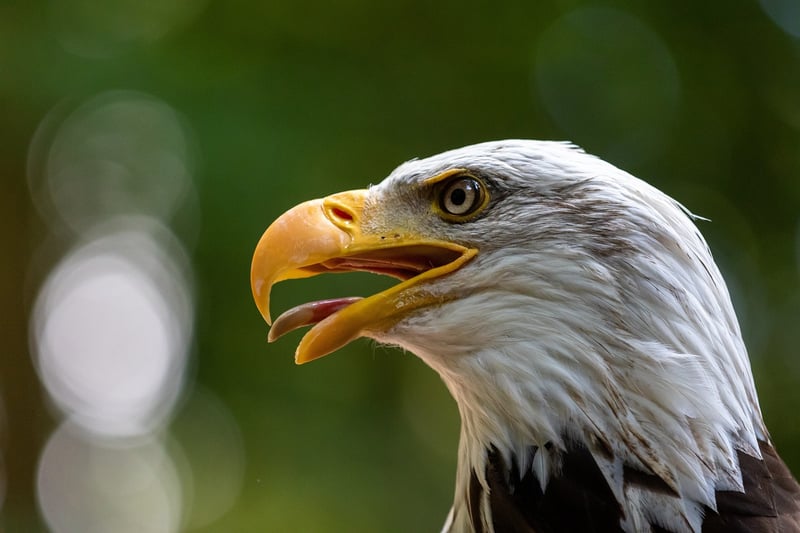Wildlife Specialists
Expert Assistance for Wildlife Specialists
As a wildlife specialist, you are dedicated to preserving and protecting our natural world. Your work involves understanding, managing, and conserving wildlife populations and their habitats. However, you may encounter situations that require expert assistance to ensure the well-being of the wildlife you aim to protect.
Why Seek Expert Assistance?
Wildlife specialists often face complex challenges that call for specialized knowledge and skills. By collaborating with experts in related fields, you can enhance your ability to address these challenges effectively. Whether you need assistance with wildlife rehabilitation, conservation planning, or habitat restoration, seeking expert help can make a significant difference in the outcomes of your efforts.
Areas Where Expert Assistance Can Benefit Wildlife Specialists
- Wildlife Rehabilitation: Working with experienced wildlife rehabilitators can help ensure that injured or orphaned animals receive the care they need to recover and be returned to their natural habitat.
- Conservation Genetics: Experts in conservation genetics can provide valuable insights into genetic diversity, population dynamics, and relatedness among individuals, which are crucial for effective conservation strategies.
- Habitat Restoration: Collaborating with specialists in habitat restoration can help improve the quality of wildlife habitats, benefiting a wide range of species and promoting ecosystem health.
- Wildlife Disease Management: Expert assistance in wildlife disease management is essential for monitoring and controlling diseases that can impact wildlife populations and ecosystems.
How to Find Expert Assistance
There are several ways wildlife specialists can connect with experts in relevant fields:
- Professional Networks: Joining professional organizations and networks related to wildlife conservation can provide access to a diverse range of experts and resources.
- Conferences and Workshops: Attending conferences and workshops focused on wildlife management and conservation is an excellent way to network with experts and learn about the latest research and best practices.
- Collaborative Projects: Engaging in collaborative projects with universities, research institutions, and conservation organizations can facilitate partnerships with experts in specific areas of interest.
Conclusion
By seeking expert assistance and collaborating with specialists in related fields, wildlife specialists can enhance their capacity to address conservation challenges and protect biodiversity effectively. Embracing a multidisciplinary approach to wildlife management can lead to more sustainable and impactful conservation outcomes, benefiting both wildlife and the ecosystems they inhabit.
Remember, the well-being of wildlife is a collective responsibility, and by working together with experts and stakeholders, we can create a brighter future for our planet's precious natural heritage.


For more information and resources on wildlife conservation and expert assistance, visit IUCN - International Union for Conservation of Nature.
